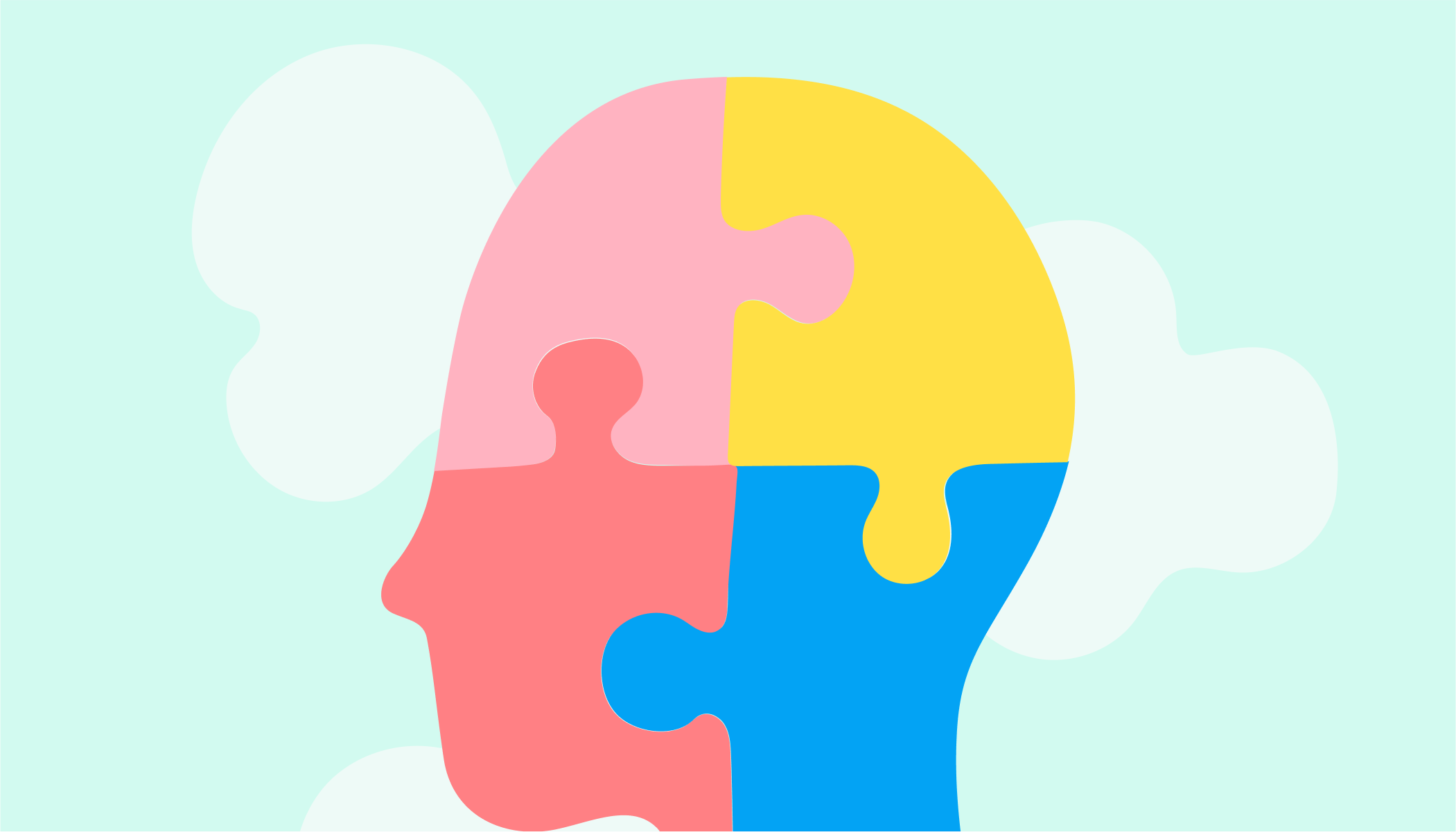Just as our bodies age, our brains age too. As we get older, the areas of the brain that control emotional expression, problem-solving, attention and mental abilities start to get smaller.
Research shows that the overall volume of the average brain shrinks by around 5% each decade after the age of 40, with the rate of decline increasing after 70. These changes can make you increasingly susceptible to cognitive dysfunctions like memory loss, impaired thinking and dementia.
In fact, around 50 million people worldwide have dementia, according to the World Health Organization (WHO). In the UK, there are 850,000 people with dementia, and this is projected to rise to 1.6 million by 2040.
While these statistics may sound scary, there’s no cause for alarm. Evidence shows there are plenty of things you can do to help prevent cognitive decline.
1. Do 30 minutes’ aerobic exercise 4 to 5 times a week
People who are physically active are less likely to develop cognitive decline. Exercise improves blood flow and oxygen supply and this stimulates chemical changes in the brain that enhance cognitive function. One study found that doing aerobic exercise in particular, for half an hour, 4 to 5 times a week, could help to slow shrinking of the hippocampus, the part of the brain that deals with memory. Exercising regularly also reduces your risk of developing high blood pressure, heart disease and stroke, all of which can have an adverse effect on brain health.
2. Eat a MIND diet
The MIND diet consists of eating plenty of wholegrains such as quinoa, oats and barley; plenty of leafy greens; brightly coloured vegetables; nuts; berries, especially strawberries and blueberries; beans, lentils and soybeans; poultry and oily fish at least once a week, and cooking with olive oil. It also suggests avoiding or minimising red meat, processed food, salt, cheese and butter, and sugar. Get tips on how to make healthier food choices.
3. Get musical
Learning to play a musical instrument may enhance brain function as we get older, and could also help prevent age-related cognitive problems — according to a systematic review of scientific research. But if you’re no Mozart, don’t despair. Just listening to music you enjoy is also beneficial for healthy brain function as research shows it can help memory and reasoning.
Learning new dance moves may help support your brain health too. Dancing reduces stress, increases levels of feel-good endorphins and also helps develop new neural connections, especially in those parts of the brain involved in executive function, long-term memory and spatial recognition.
4. Stay socially connected
Being socially engaged and supporting others is important for a healthy brain. When you interact with others, whether it’s spending time with friends, volunteering or having a chat with a neighbour, parts of your brain are stimulated. Research shows that just one hour a week of social interaction is beneficial for people with dementia.
5. Meditate
Meditation has many benefits. It can help to calm the mind, reduce stress and lower blood pressure. Research also shows it may help reduce age-related memory loss — and benefits can be seen in as little as 12 minutes a day of regular meditation.
6. Reduce your stress levels
Stress can be a contributing factor for many health problems, including heart disease, insomnia and anxiety disorders. Research also shows that higher blood levels of the stress hormone cortisol are associated with memory impairment and reduced brain size in middle-aged adults. So, if your stress levels are high, protect your brain by finding ways to manage your stress better, such as yoga or meditation.
Reviewed by: Rhianna McClymont, Lead GP, Livi



